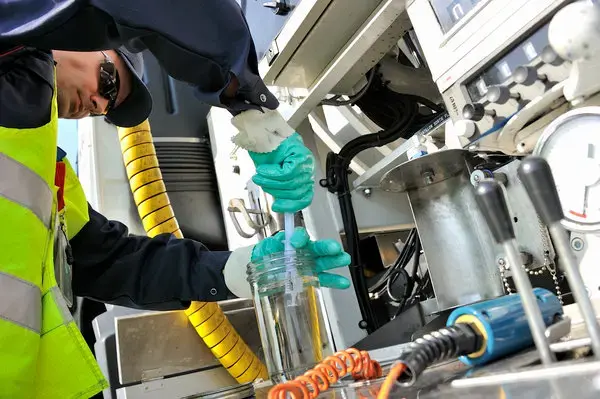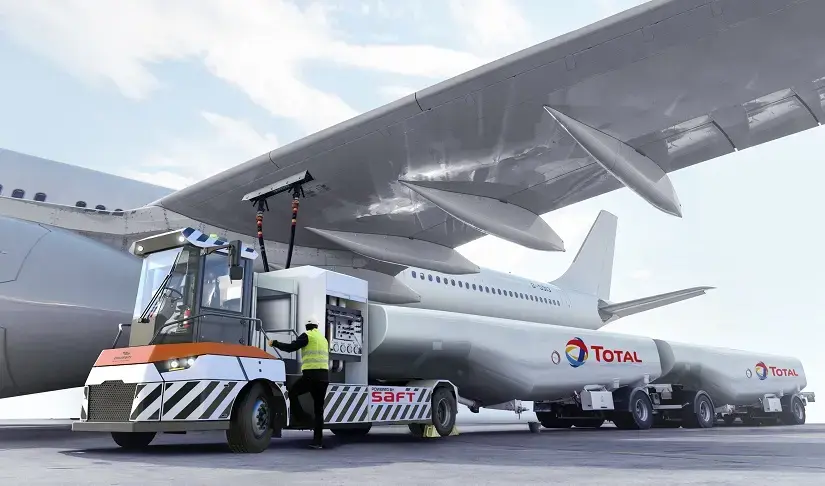
After testing a prototype delivered in March 2018, the FFA is providing training for the Toussus-le-Noble flying clubs on a full-electric aircraft, the VELIS Electro from the Slovenian manufacturer Pipistrel. This is the first electric model certified by EASA (European Aviation Safety Agency) and mass produced.
The VELIS Electro: a powerful electric two-seater
To date, this is the only mass-produced certified electric aircraft in the world: the VELIS Electro (a spin off from the Alpha Electro) is a light and manoeuvrable single-engine electric plane. It is currently operated by several flying clubs in Europe (17 aircraft delivered). In France, it’s the FFA’s FABLAB in Toussus-le-Noble that conducted the first experiments with the Alpha Electro and now has two VELIS Electro craft dedicated to the flying school. This model has the advantage of generating zero CO2 emissions and halves noise pollution as well. It is capable of 1-hour flight time (some 140 km), carries 2 passengers, and can reach an altitude of 4,000 metres.
Electric propulsion: the advantages appreciated by the FFA
If the FFA has chosen to put this aircraft into service on the Toussus-le-Noble aerodrome, it’s because the flying club’s airfield is where tension with local residents is at the highest peak, mainly because of noise. A period of silence has even been imposed on Sundays between noon and 3pm. "The VELIS Electro is particularly quiet. 50% of our flying time is spent in training: since this aircraft is designed for training, it’s ideal for flying clubs based near populated areas", explains Jacques Carriquiriberry, coordinator of the FFA's FabLab. In addition to noise issues, this investment is also a way of supporting aviation’s ecological transition. While the cost of the craft may be high, its operating cost is lower and maintenance less expensive (the plane is manufactured with far fewer mechanical parts than a traditional equivalent, which reduces the risk of failure and makes for lighter maintenance routines). The FFA is working on subsidy schemes that would allow flying clubs to buy this aircraft.
Developing flying as an activity
While the prototype (Alpha Electro) was undergoing tests, the FFA trained instructors to fly the aircraft, who will in turn be able to provide training to the federation's 600 flying clubs. VIPs and professionals also came to try out the Alpha electro, including the former head of DGAC and Jean-Baptiste Djebbari, Deputy Minister of Ecological Transition, in charge of Transport. "While some may have been sceptical before the flight, opinions were unanimous after landing: everyone was won over by electric planes", underlines Jacques Carriquiriberry. Rolling out the craft at other airfields is all that remains to be done. In Ile-de-France, the aeroclubs of Pontoise, Chavenay and the Mureaux flying clubs will soon have one of their own. In the provinces, Chambéry, Grenoble, Lyon Bron and Toulouse may be next. In a more distant future, electric aircraft for travel or passenger transport are already taking shape.


